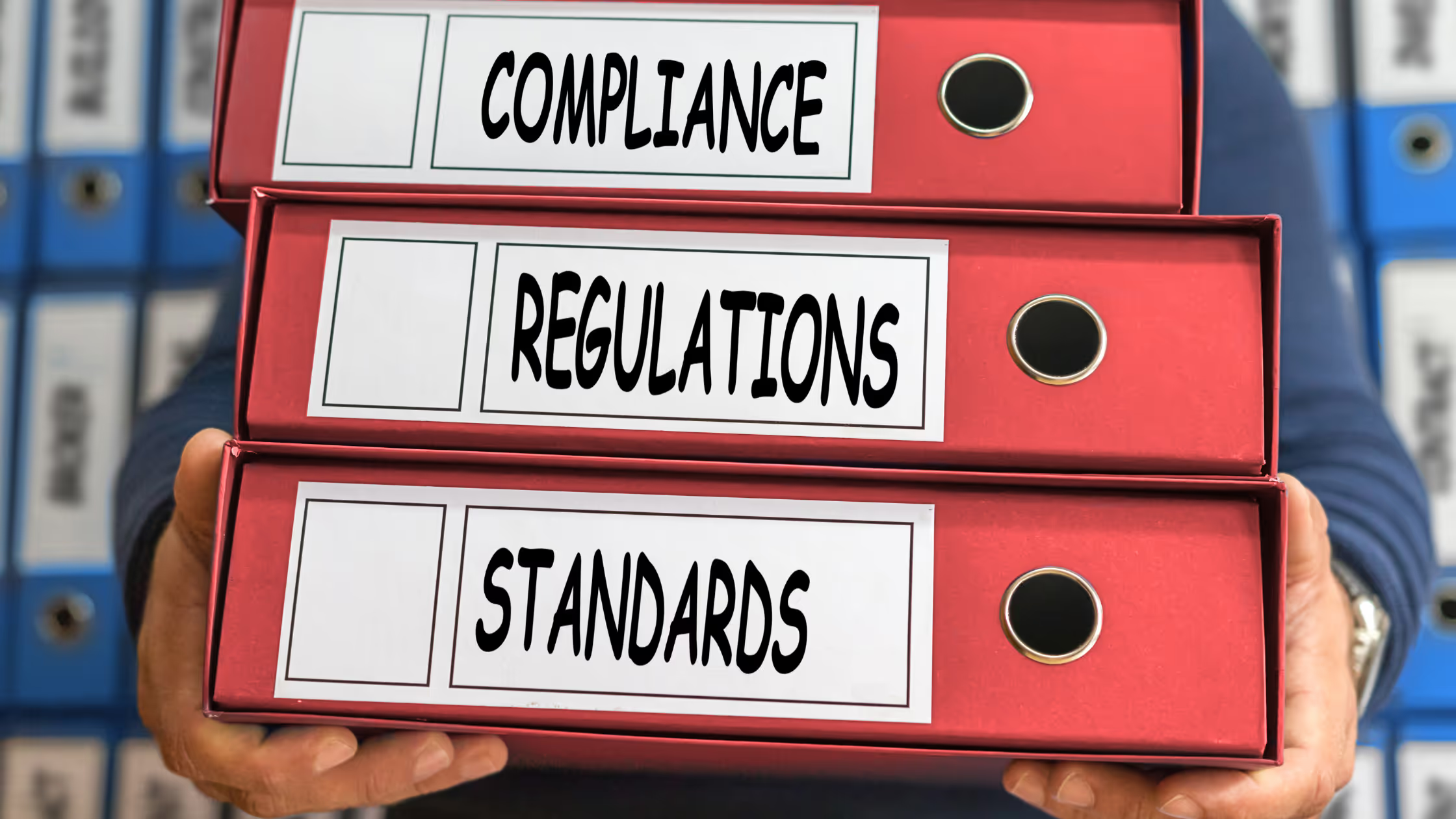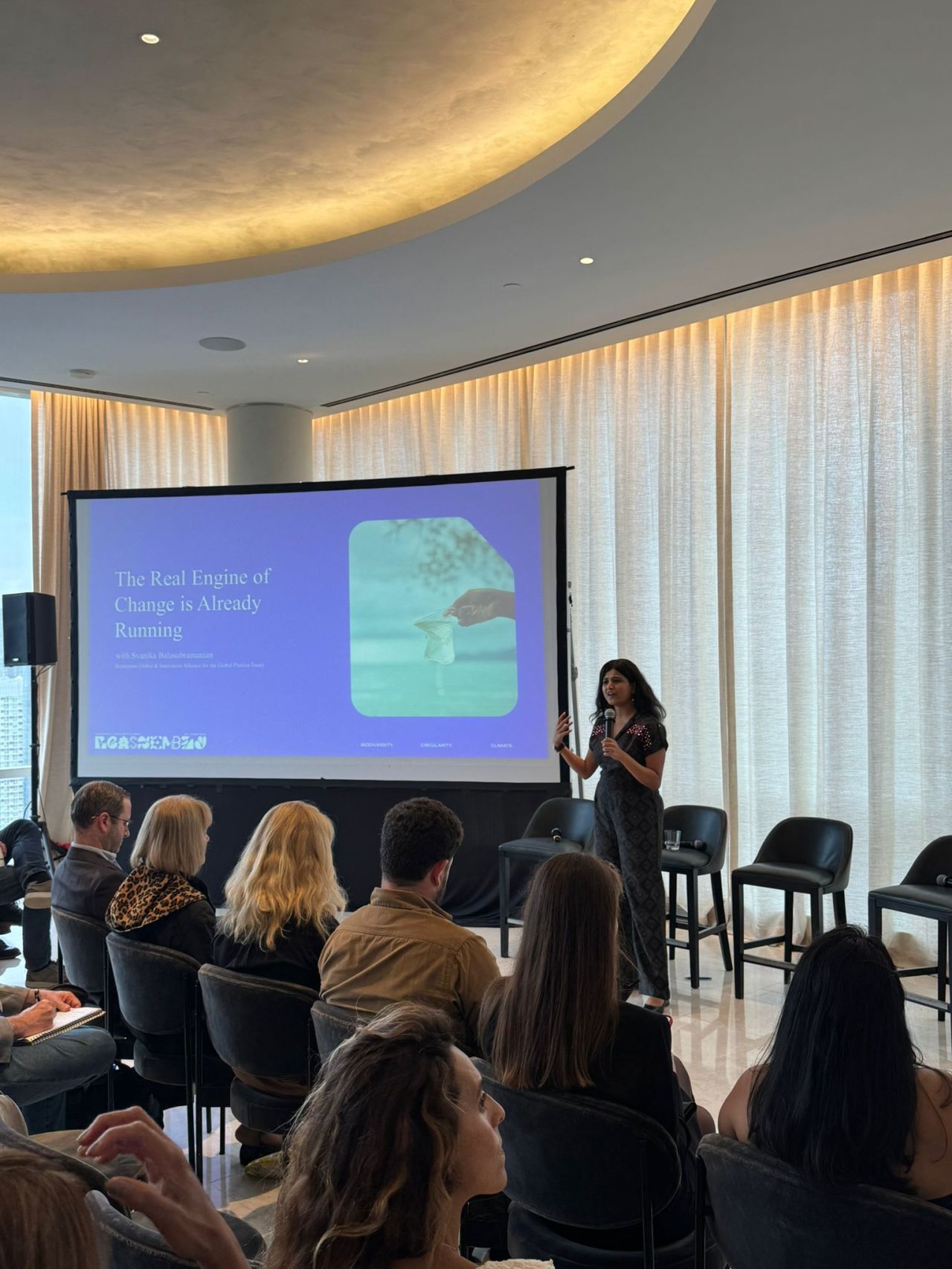Extended Producer Responsibility (EPR) for packaging in the United States is a policy approach that holds producers accountable for the entire lifecycle of their products, especially the end-of-life stage. This means that companies are responsible not just for the creation and sale of their packaging, but also for its disposal and recycling. The goal is to incentivize producers to design more sustainable packaging, reduce waste, and improve recycling rates.
Understanding and implementing EPR can seem daunting, but it ultimately offers a pathway to more sustainable business operations and can enhance a brand's reputation.
Exclusions Decoded in Simple Terms
Exclusions within the concept of Extended Producer Responsibility (EPR) for packaging in the United States refer to specific materials or producers that are exempt from EPR obligations.
These exclusions are crucial for compliance managers to understand, as they can significantly impact compliance strategies and sustainability goals.
Exclusions are typically defined by state-specific EPR laws and can vary widely. For instance, in Oregon, beverage containers subject to returnable container deposit laws are excluded, while in Colorado, packaging materials used solely in business-to-business transactions are exempt. Other common exclusions include packaging for drugs and medical devices regulated by the FDA, paper products used for vital documents, and hazardous product packaging that must state it should not be recycled.
Understanding these exclusions helps companies determine whether their products fall under EPR obligations, potentially reducing compliance costs and administrative burdens. However, it is essential to consult state-specific guidelines and legal advice to ensure full compliance while considering the broader environmental impact of their products.
Case Study: How Exclusions works in Oregon's EPR Framework
In Oregon, Exclusions under Extended Producer Responsibility (EPR) regulations exempt specific materials like beverage containers, medical device packaging, and certain agricultural chemicals from EPR obligations. For more details, refer to the Coverage Guidance Doc.
Getting Started: EPR Compliance Resources for SMEs
The EPR compliance hub from rePurpose Global can automate in 1-click what would otherwise take you over 3 months of manual effort. It quickly compiles CAA reports, estimates fees/tax liabilities, and keeps you updated on emerging regulations, including Labeling laws, PCR mandates, and 90+ Packaging Regulations in North America. With Oregon's reporting deadline on March 31st, immediate action is crucial to avoid financial penalties. Reach out to us for more information on getting started and ensure a stress-free, reliable compliance process.


.jpg)
.avif)
.png)







